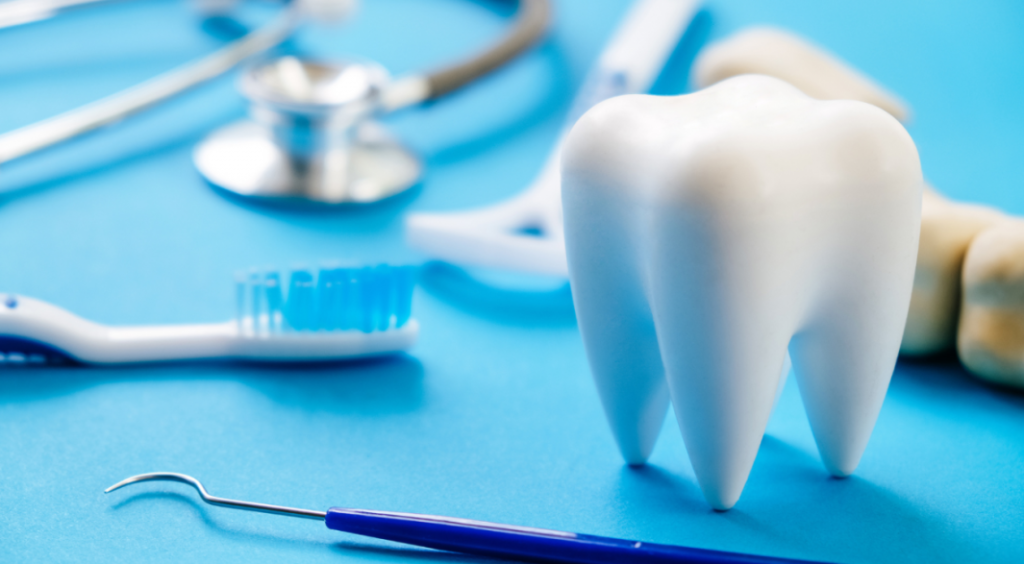Table of Contents
- Introduction
- The Importance of Oral Hygiene
- Daily Oral Care Practices
- Choosing the Right Dental Products
- The Role of Diet in Oral Health
- Recognizing Common Oral Health Issues
- When to Seek Professional Help
- Innovations in Oral Care Technology
- Frequently Asked Questions on Oral Health
Key Takeaways
- Learn practical tips and techniques for optimal oral hygiene.
- Recognize the significance of keeping up with oral hygiene and how it affects your overall health.
- Discover expert insights on effective home care practices.
Introduction
Keeping your smile bright and healthy is not just about looks; it’s a fundamental aspect of maintaining overall health. Good oral hygiene enhances facial aesthetics and prevents health issues affecting your body’s systemic health. If you’re searching for expert advice on oral health, Delta Dental offers comprehensive insights into effectively maintaining oral hygiene at home.
Creating a successful dental care routine is simple and seamlessly fits into your day-to-day activities. Following these procedures is essential, as they significantly lessen the chances of dental issues, ultimately helping you avoid unnecessary costs and discomfort. Consistency is crucial; making minor changes can dramatically improve your dental health.
The Importance of Oral Hygiene
Maintaining proper oral hygiene is crucial for overall health and wellness. Neglecting oral care can lead to various health problems beyond dental health, including tooth damage and gum disease. Studies show a definite link between oral health and health problems like diabetes, heart disease, and respiratory infections. This hyperlink highlights the significance of maintaining proper oral hygiene for your smile and overall health and well-being.
Daily Oral Care Practices
Establishing a daily oral care routine is both simple and highly effective. Begin by brushing your teeth two times a day for a minimum of two minutes each time. Using a soft-bristled brush alongside fluoride toothpaste is recommended to clean every surface of your teeth, including the tongue, which harbors bacteria. Daily flossing is just as crucial since it eliminates plaque and food remnants your toothbrush may not reach, particularly between teeth. For more detailed advice on maintaining good oral health, consult this Healthline guide.
Choosing the Right Dental Products
The right tools can improve how effectively you care for your teeth. Consider upgrading to an electric toothbrush, which many studies suggest cleans more efficiently than manual brushing. Choose toothpaste that aligns with your needs, whether for heightened sensitivity, whitening, or extra enamel protection. Similarly, choose waxed, unwaxed, or flavored floss that suits your preferences. Mouthwash can also be a beneficial addition for killing bacteria and freshening breath.
The Role of Diet in Oral Health
The health of your teeth and gums is greatly affected by the food you eat.
Adding calcium and vitamin D-rich foods such as yogurt, cheese, kale, and spinach can significantly improve the health of your enamel and increase bone density.
Conversely, consuming sugary snacks, sodas, and citrus fruits can harm your teeth by causing enamel erosion and painful cavities. Hence, being conscious of the quantity of these products you consume is essential, as moderation is crucial for preserving oral health.
Furthermore, it is crucial to maintain proper hydration by consuming sufficient water all day. Water assists in removing stubborn food particles that remain in your mouth and encourages saliva production. Saliva is a natural cleaner for your mouth, balancing acids and protecting your teeth from decay. Prioritizing hydration helps maintain a healthy and balanced oral environment for your body.
Recognizing Common Oral Health Issues
Detecting oral health problems early can help avoid more severe complications. Be vigilant for signs such as bleeding gums, persistent bad breath, or increased tooth sensitivity, as these might indicate underlying conditions like gingivitis or dental caries. Regular self-examinations can help detect these symptoms early, allowing you to address them promptly. Stay informed about early symptoms with resources like WebMD’s oral health tips.
When to Seek Professional Help
Regular dental exams are crucial, even if you diligently care for your teeth at home. Dentists can identify issues long before you notice them and provide expert cleanings to eliminate tartar that cannot be eliminated through regular brushing and flossing. It is usually recommended to have a dental check-up every six months. Nevertheless, speaking with your dentist to adjust how often you should do this based on your specific needs, especially if you have pain, swelling, or unusual symptoms, is essential.
Innovations in Oral Care Technology
Advancements in technology have brought about exciting new tools in oral care. Electric toothbrushes with timers and multiple brushing modes have made cleaning more efficient. Furthermore, water flossers offer a gentle yet effective alternative to traditional flossing, especially beneficial for individuals with braces or sensitive gums. These innovations are transforming the landscape of oral hygiene, making it more accessible and effective for everyone.
Frequently Asked Questions on Oral Health
- How often should I replace my toothbrush? If the bristles wear out, changing your toothbrush every three to four months or sooner is typically recommended. An old toothbrush could be more efficient in cleaning your teeth.
- Is mouthwash necessary? While not essential, mouthwash can be a beneficial addition to your routine. It helps reach areas in the mouth that a toothbrush might miss and, when used correctly, effectively reduces oral bacteria.
- Can I whiten my teeth at home? Yes, various over-the-counter whitening products are available. However, it’s best to seek personalized advice from your dentist to ensure these products are safe and effective for your unique dental needs.

